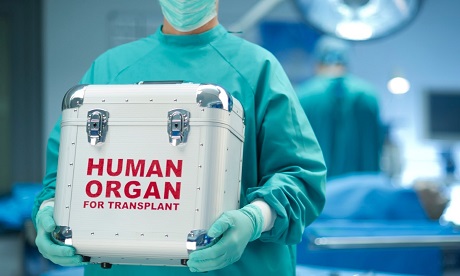Illegal human organ trafficking caused a row at a conference at the Vatican earlier this month.
Participants challenged the representatives from China to allow independent scrutiny to ensure it is no longer using organs from executed prisoners.
In return, China proposed that the World Health Organization (WHO) form a global task force to help crackdown on illicit organ trafficking.
The officials reaffirmed China’s zero-tolerance policy toward the underground industry, which has been illegal since 2015.
If caught, perpetrators face severe punishment, Huang Jiefu, head of the National Human Organ Donation and Transplant Committee says.
Where it was common practice for executed prisoners’ organs to be filched and transported to order, Huang said this is generally no longer the case.
However, he said during the years when executed prisoners’ organs were used, networks of corrupt intertwined interests bred. These are hard to break and require the collaboration of different government bodies.
He showed two slides indicating an increased number of living and deceased donors in recent years and China’s recent efforts to crack down on black market transplant activities.
Huang’s colleague, Dr. Haibo Wang, said it was impossible to fully control China’s transplant activity since there are 1 million medical centers and 3 million licensed doctors operating in the country.
Dr. Jacob Lavee, president of Israel’s transplant society, insisted that WHO be allowed to conduct surprise inspections and interview donor relatives in China.
“As long as there is no accountability for what took place … there can be no guarantee for ethical reform,” he said.
Source
- ecns.cn
- nzherald.co.nz
- Image: Church Militant
